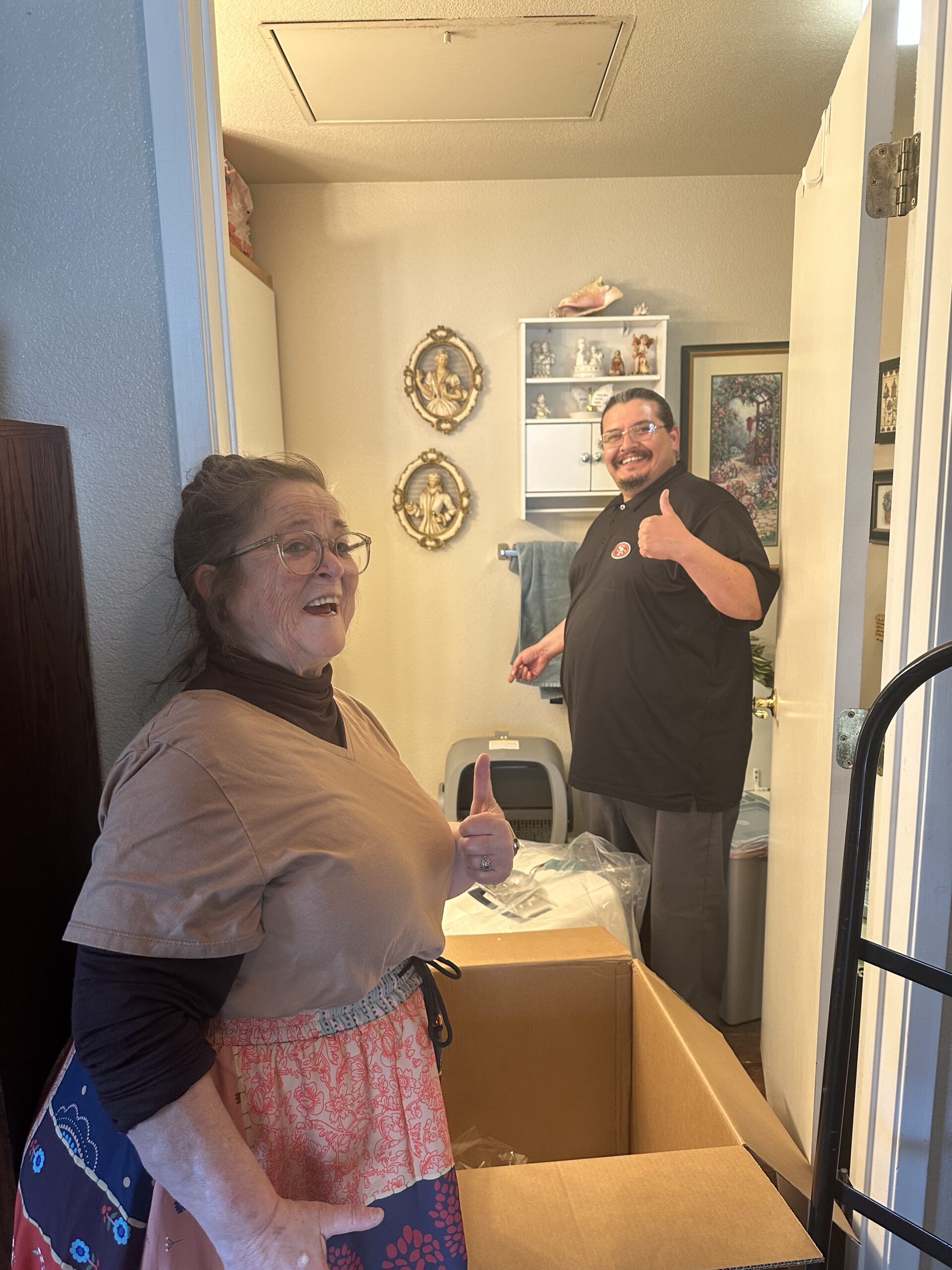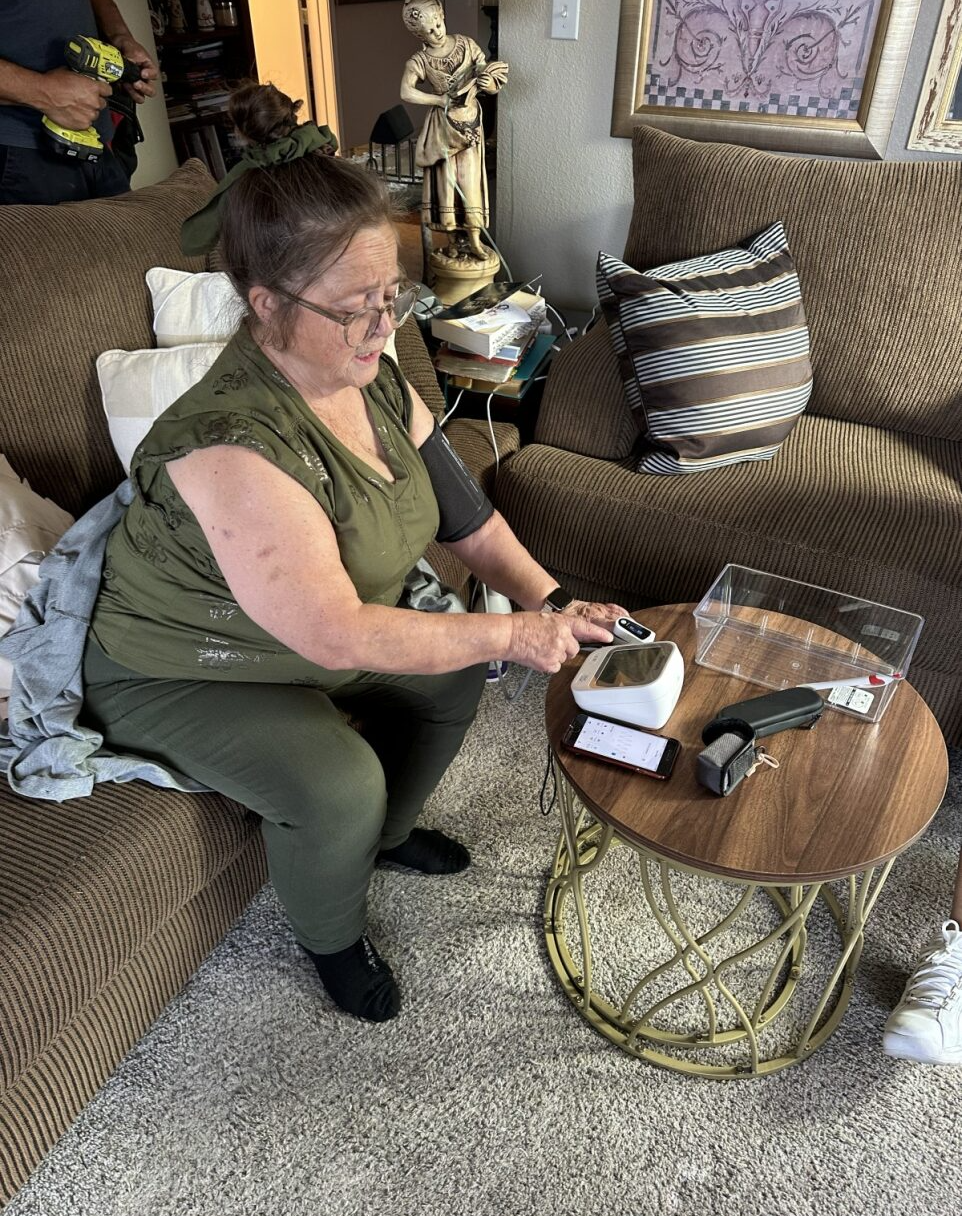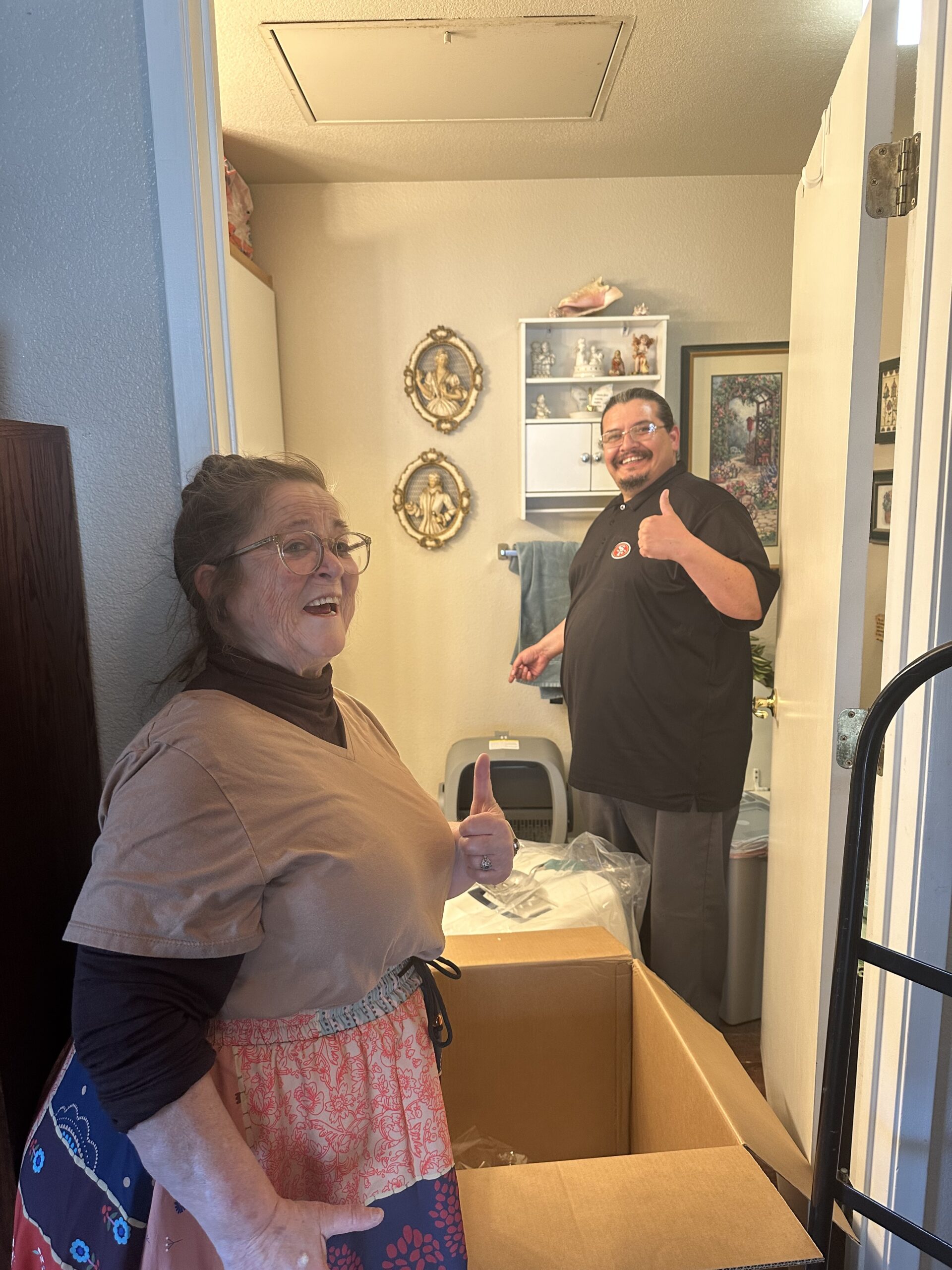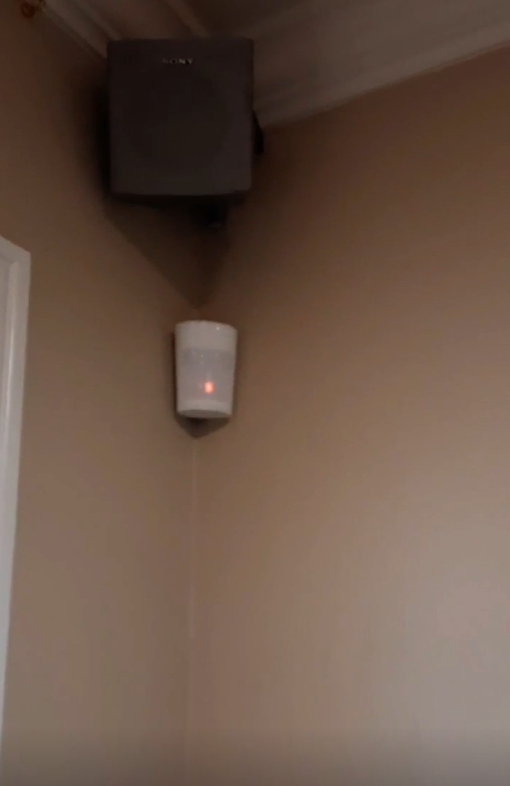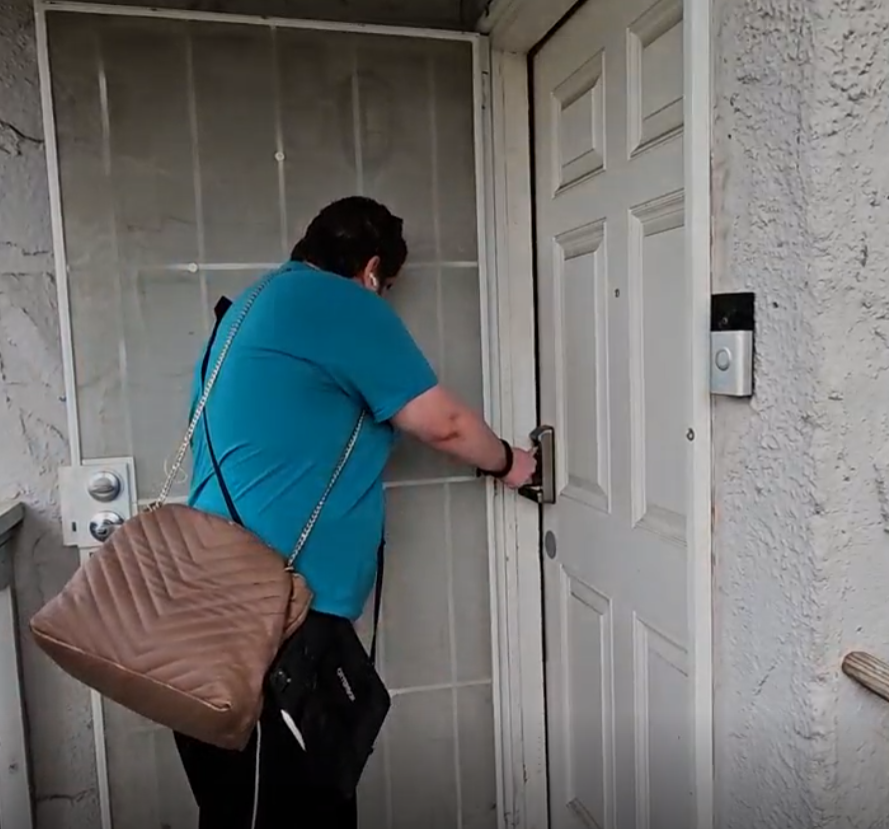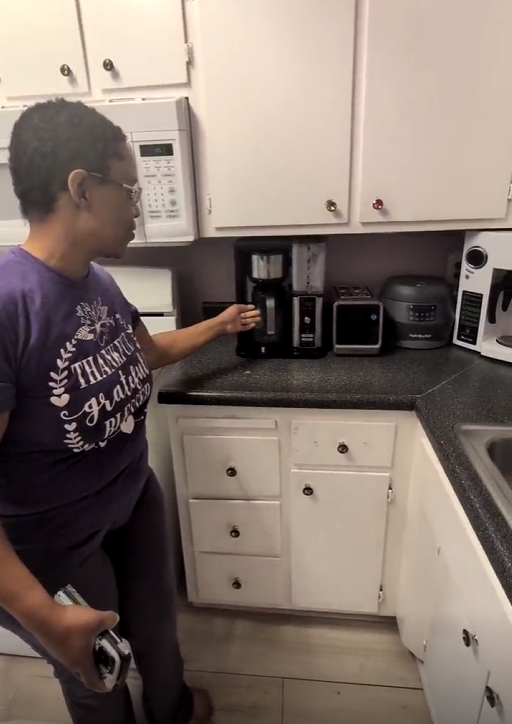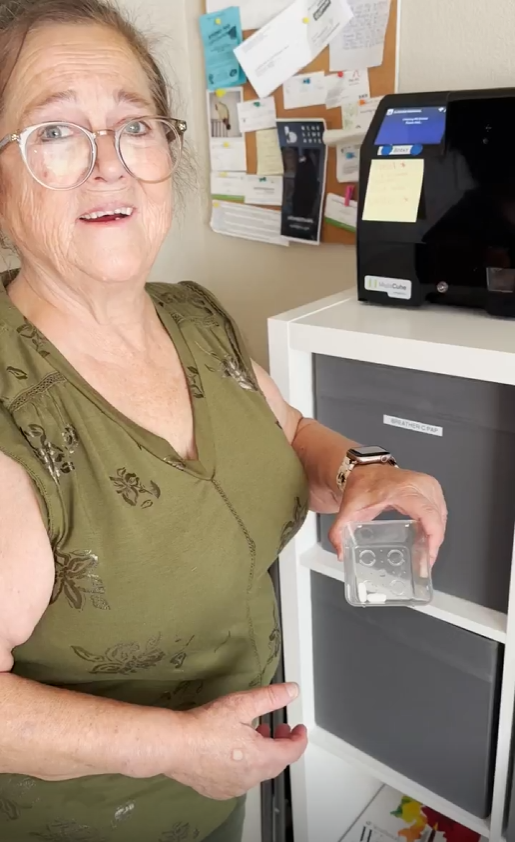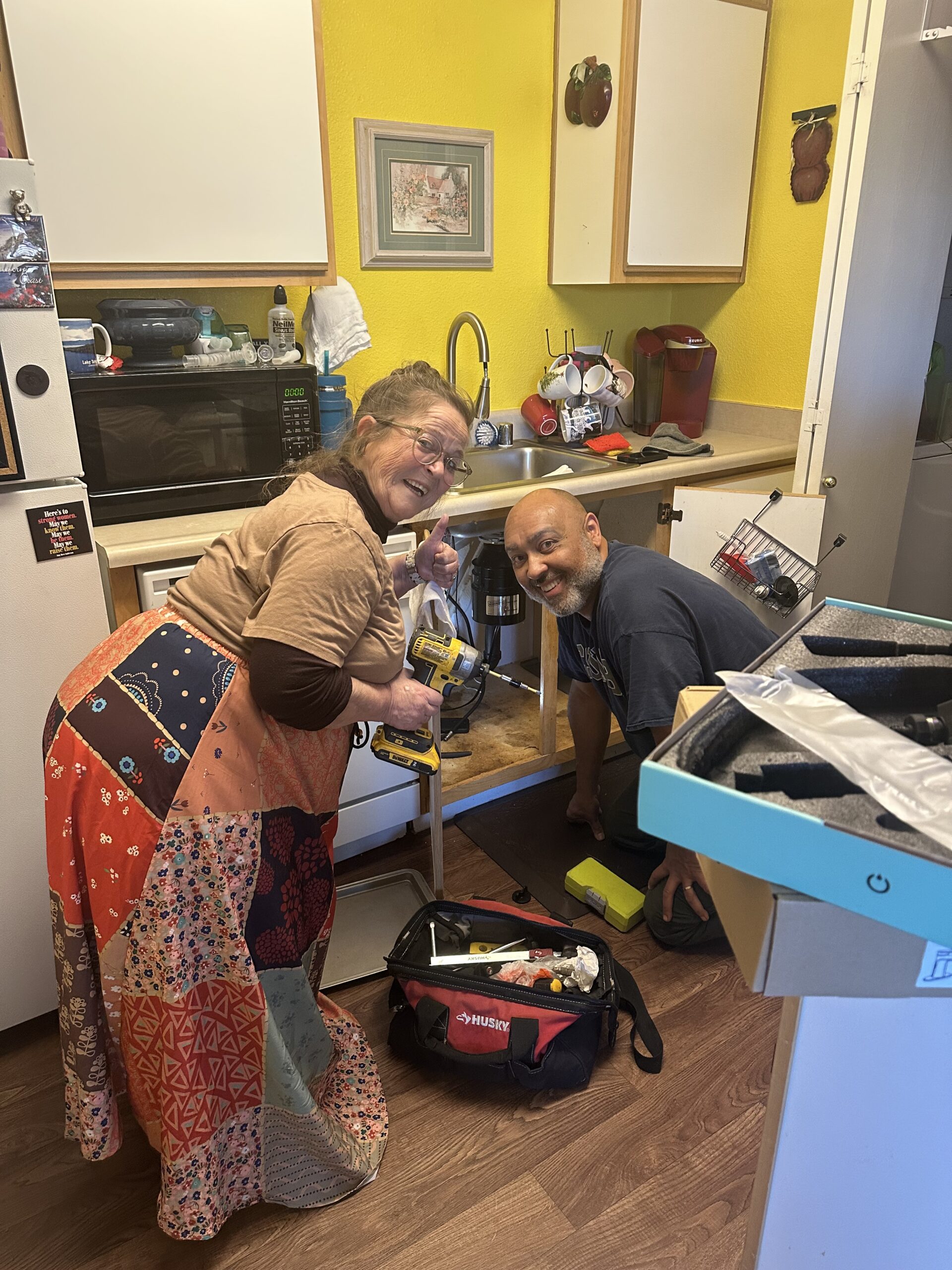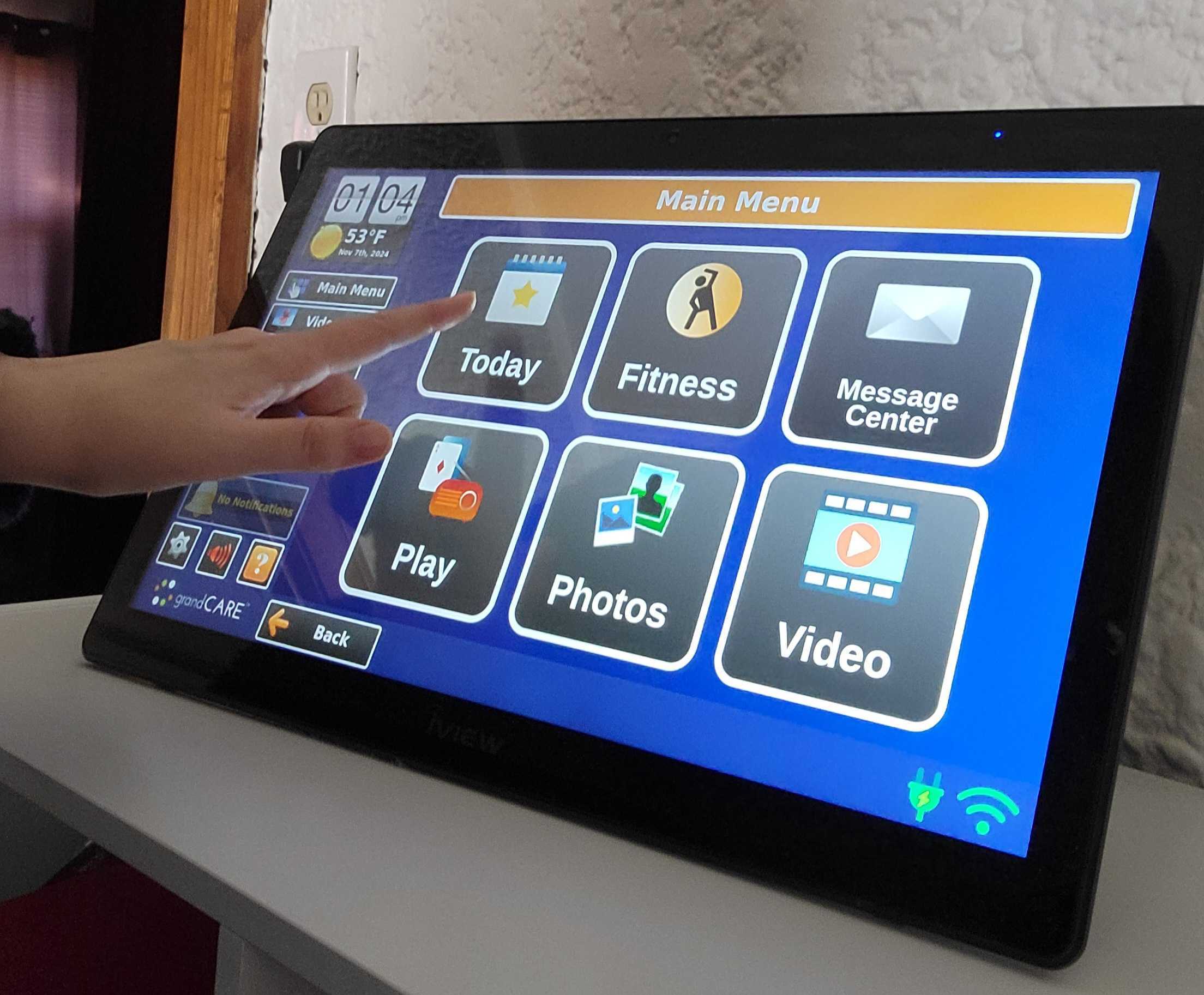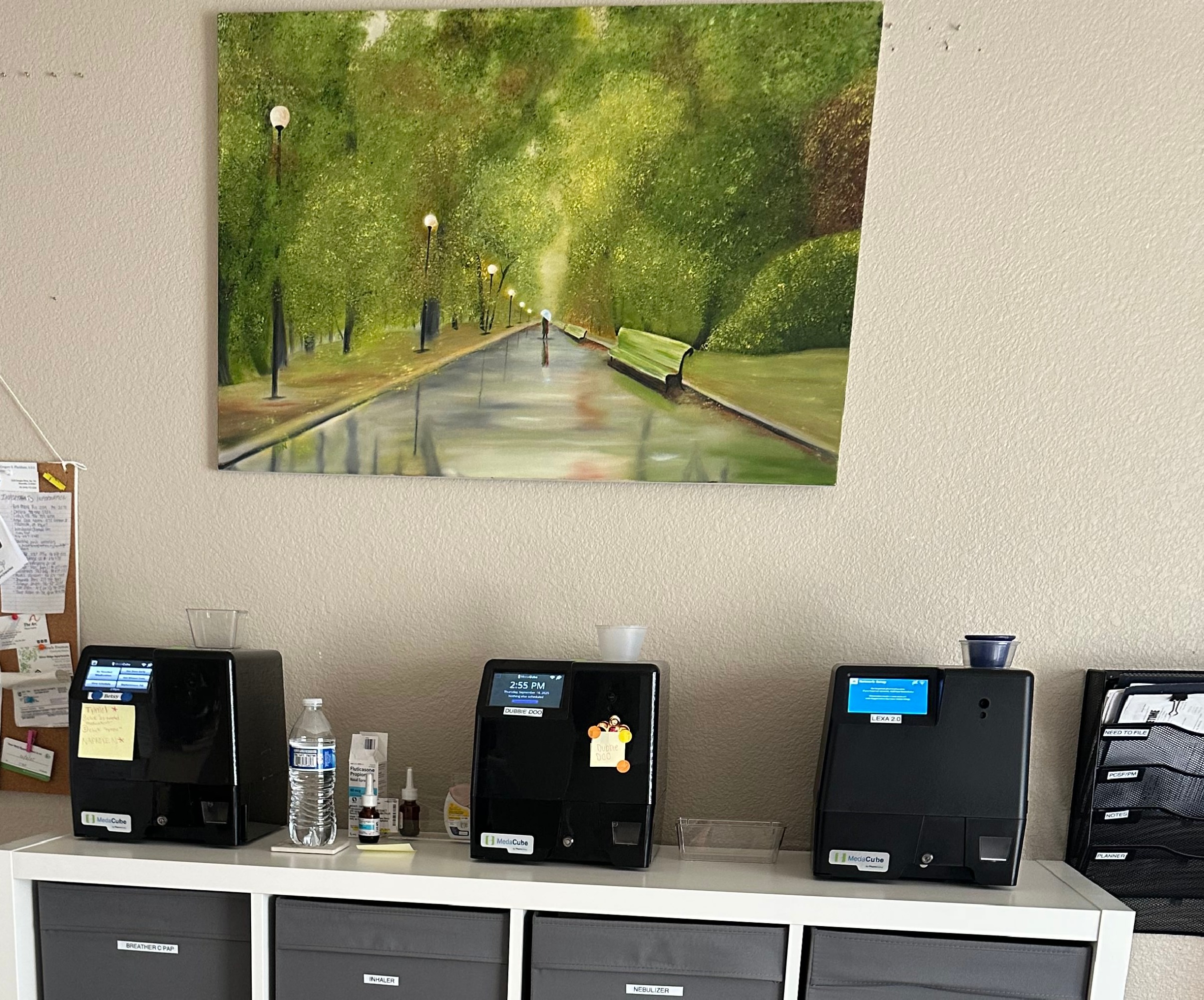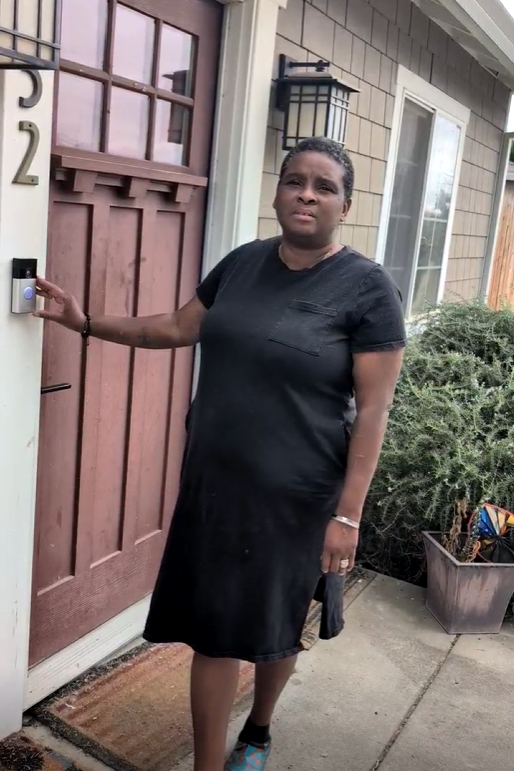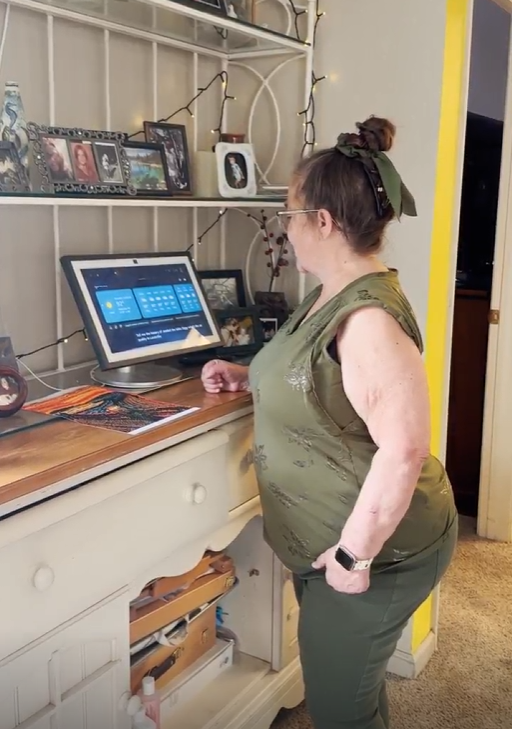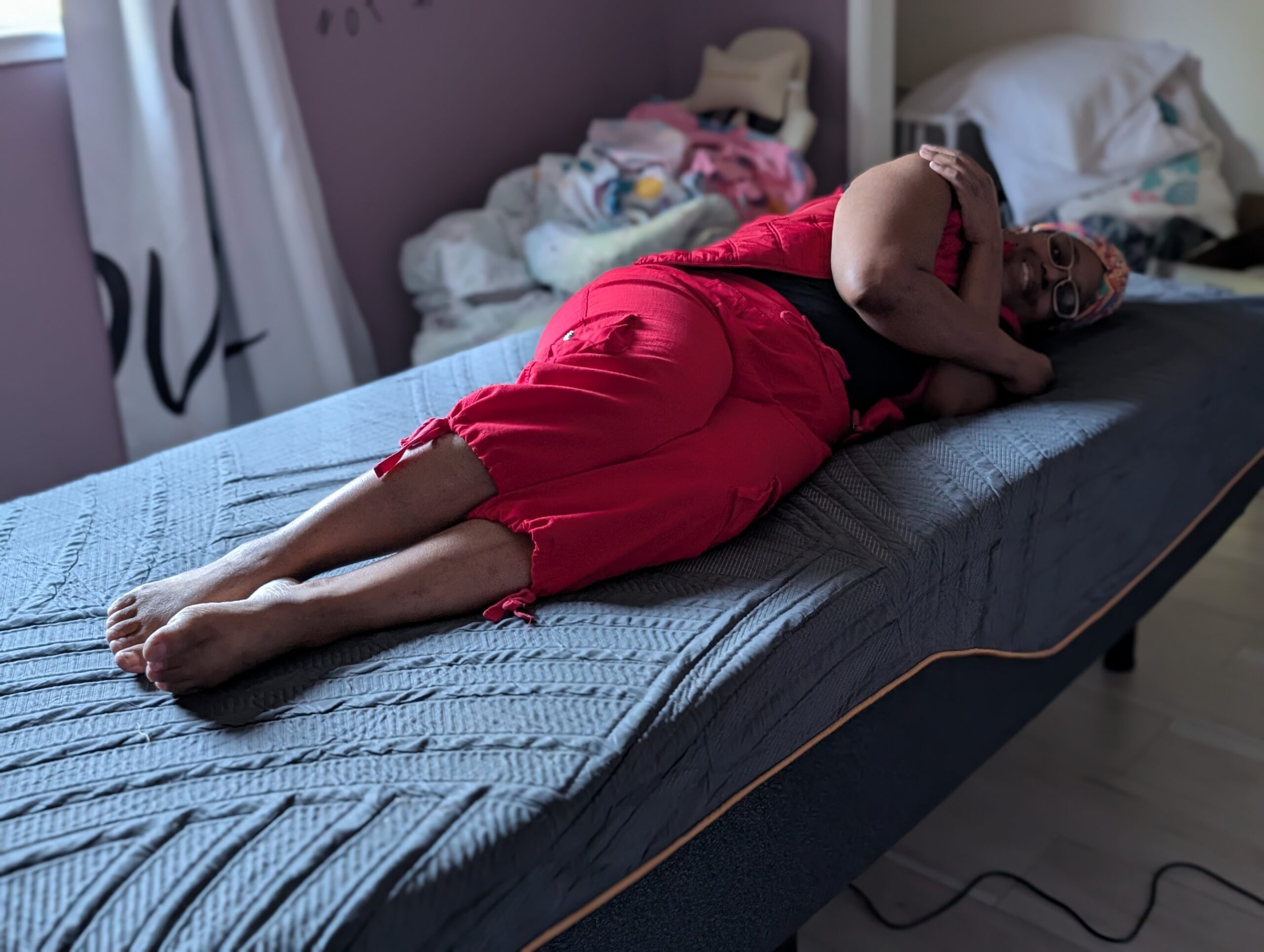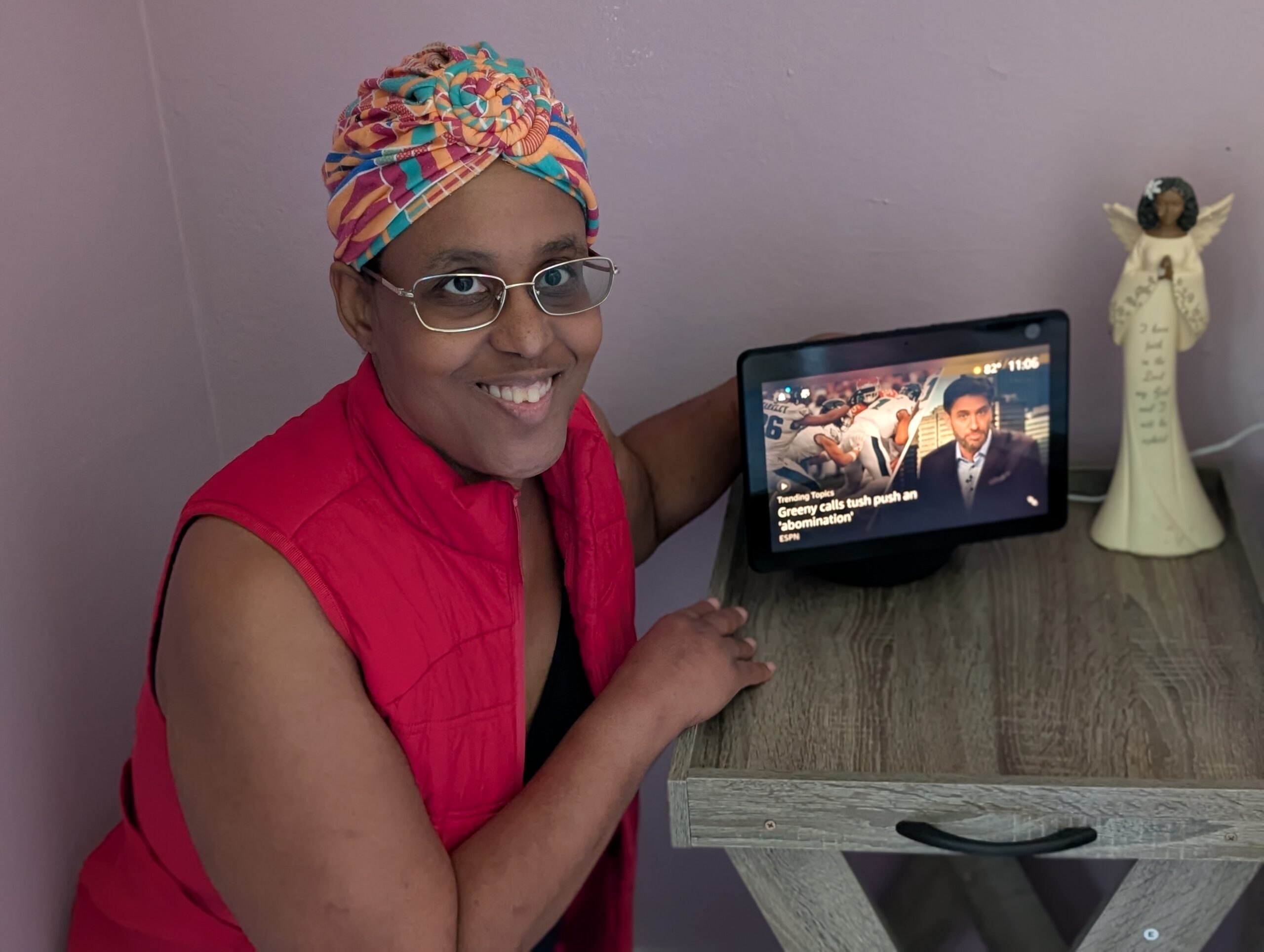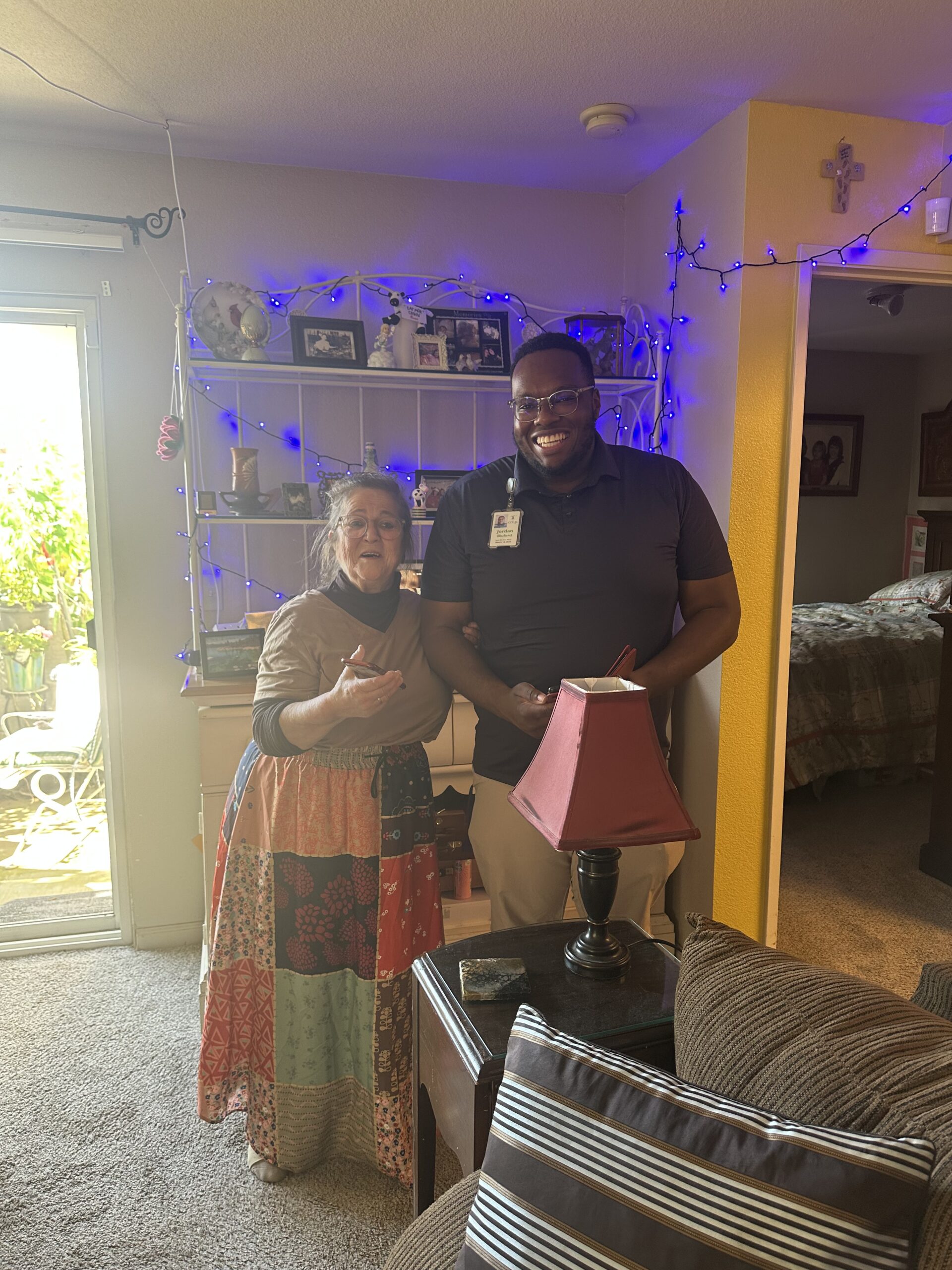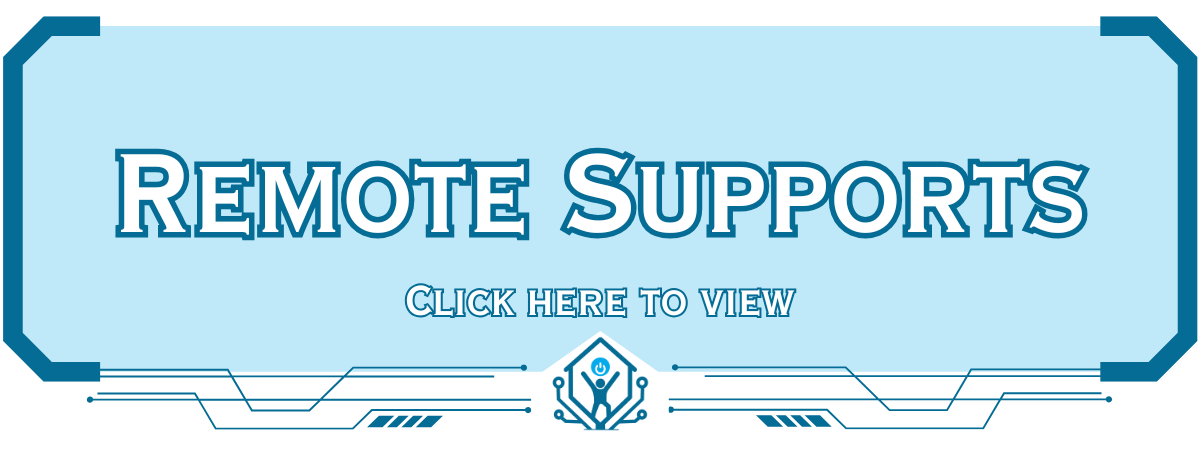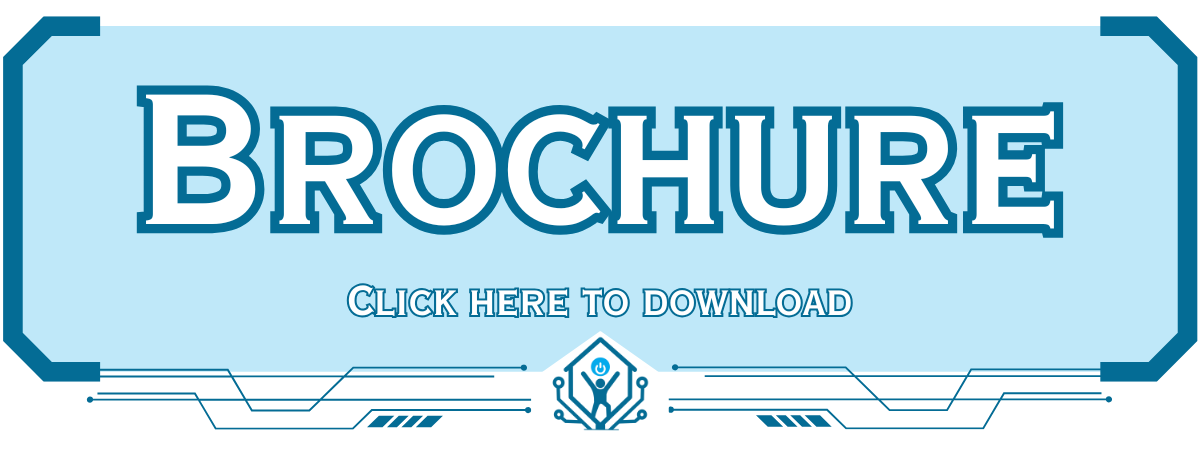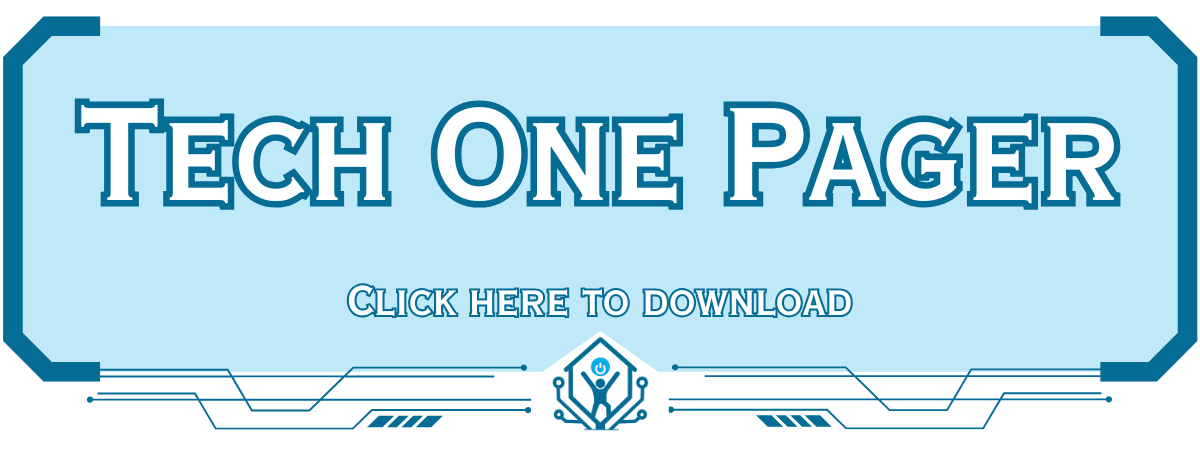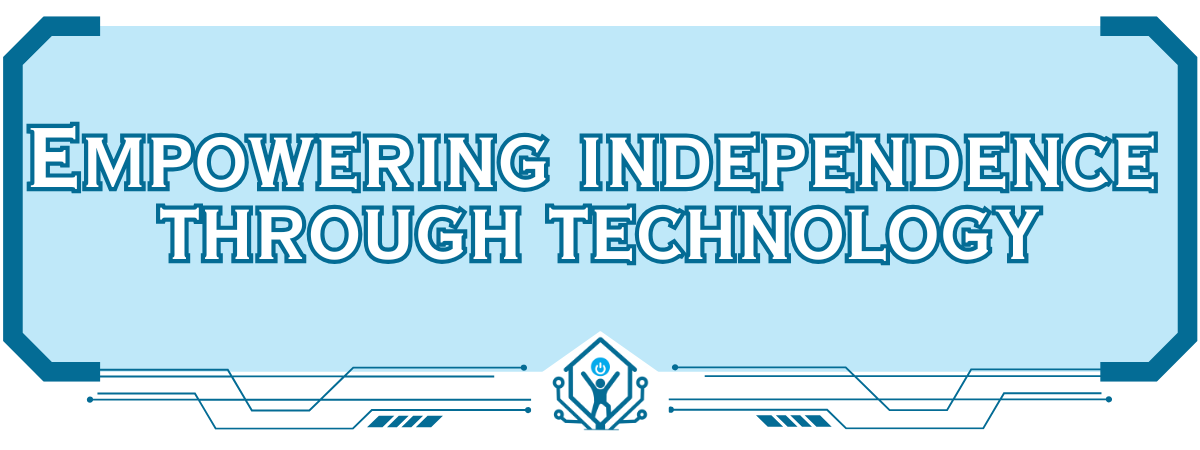
Every person deserves the tools to live safely, independently, and on their own terms. Assistive technology helps make that possible. From smart home devices that support medication reminders and fall detection, to flashing lights and wearable alerts for Deaf and DeafBlind individuals, these tools are transforming everyday life. Whether you’re supporting someone with intellectual or physical disabilities or exploring new ways to enhance independence assistive tech opens the door to more choice, more dignity, and more possibilities.
Ready to learn how technology can support the people you care about most? Start here.
Contact Us
Please use the contact form to reach out to STEP regarding the Assistive Technology Program with any questions or concerns you may have. A member of our team will get back to you as soon as possible.



